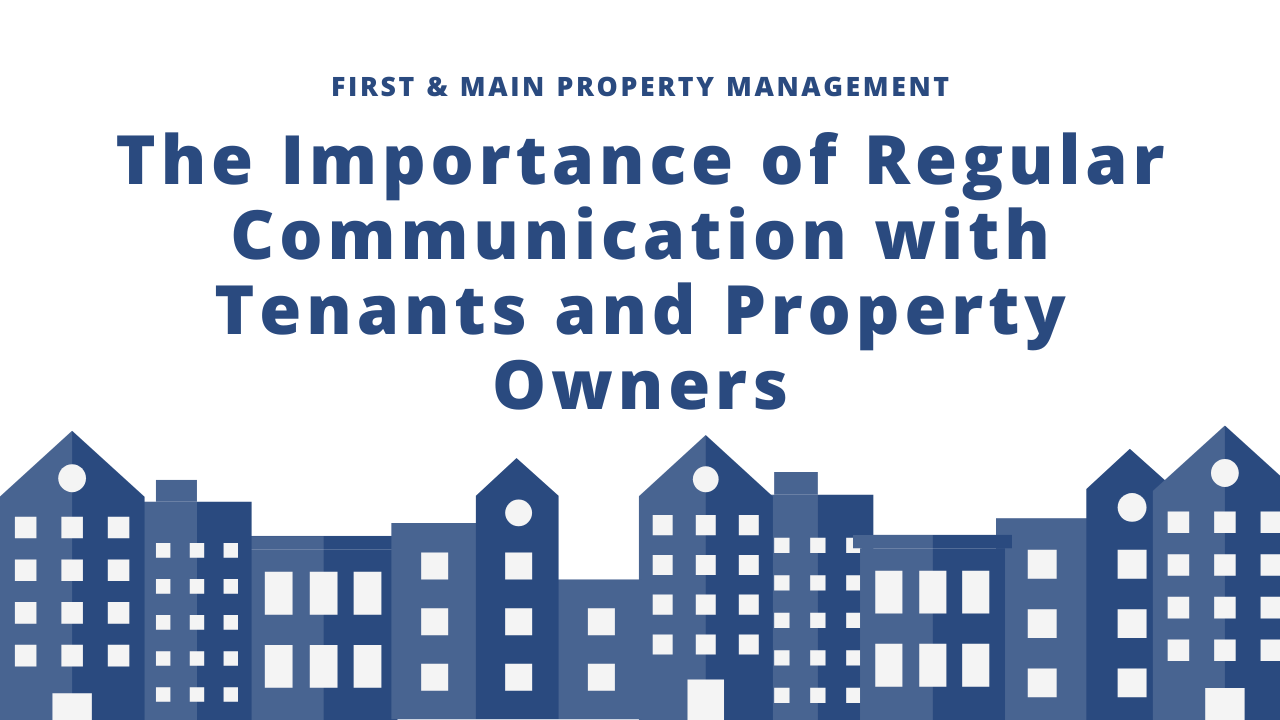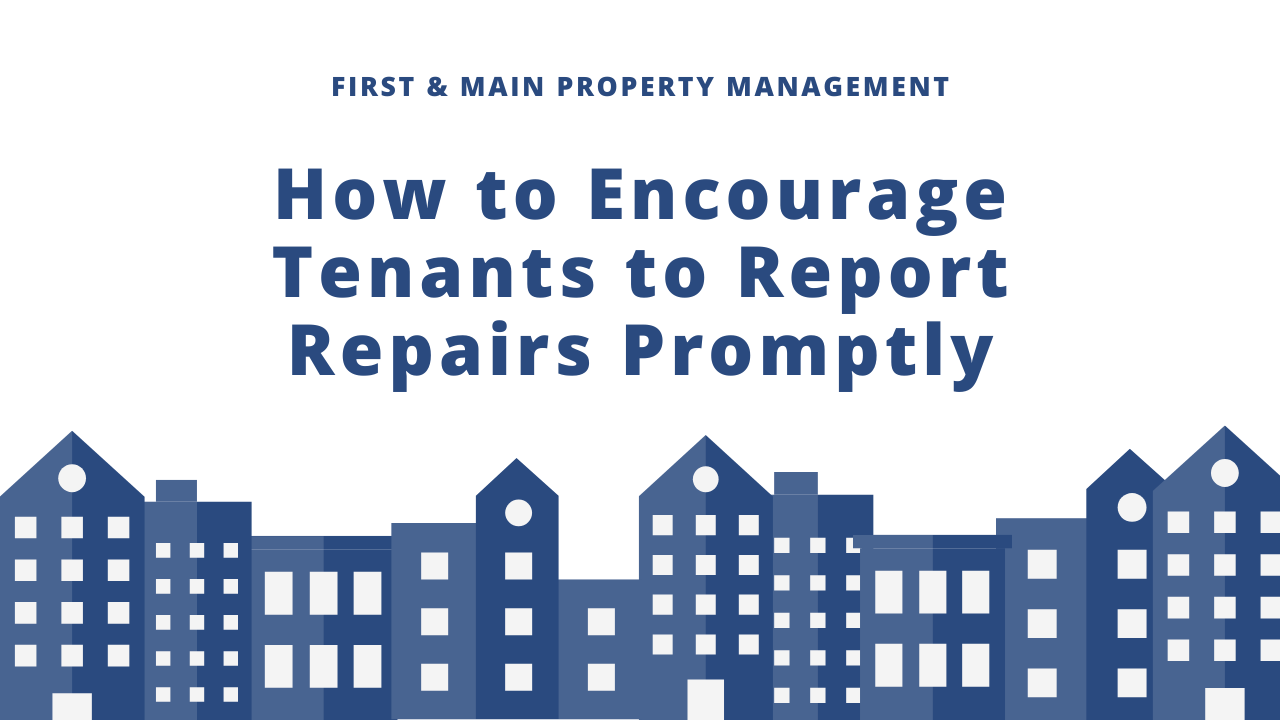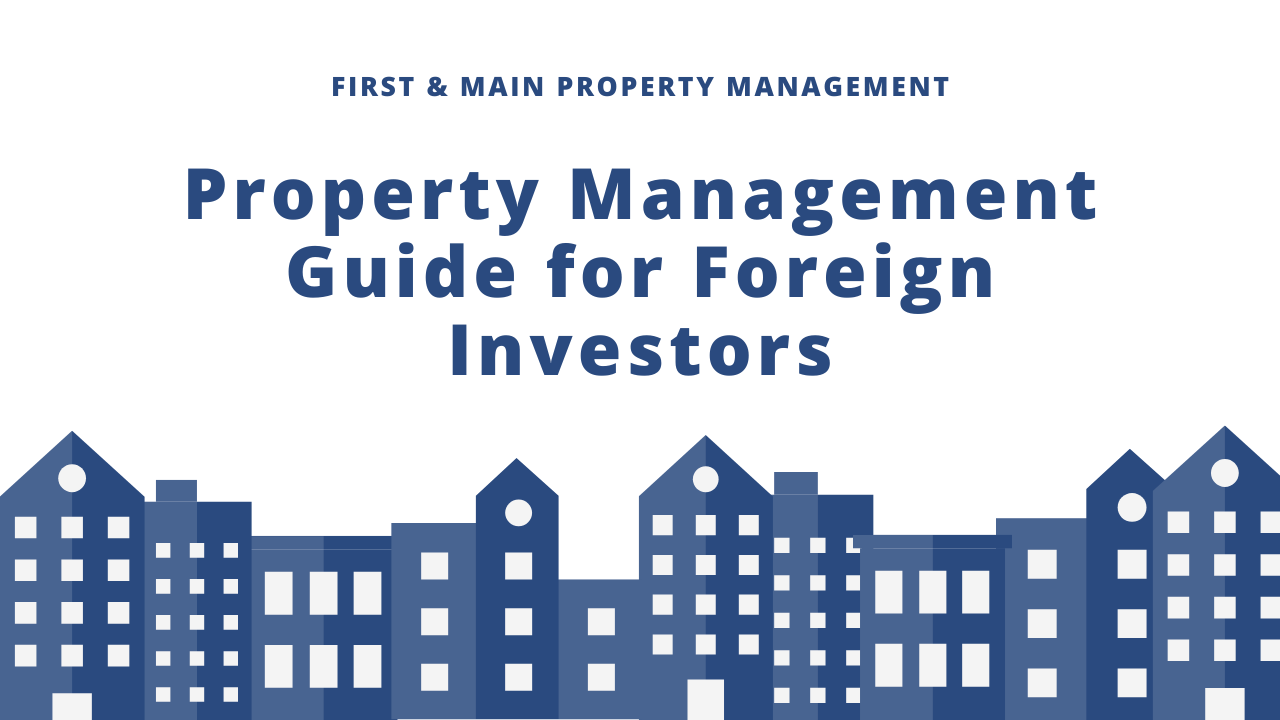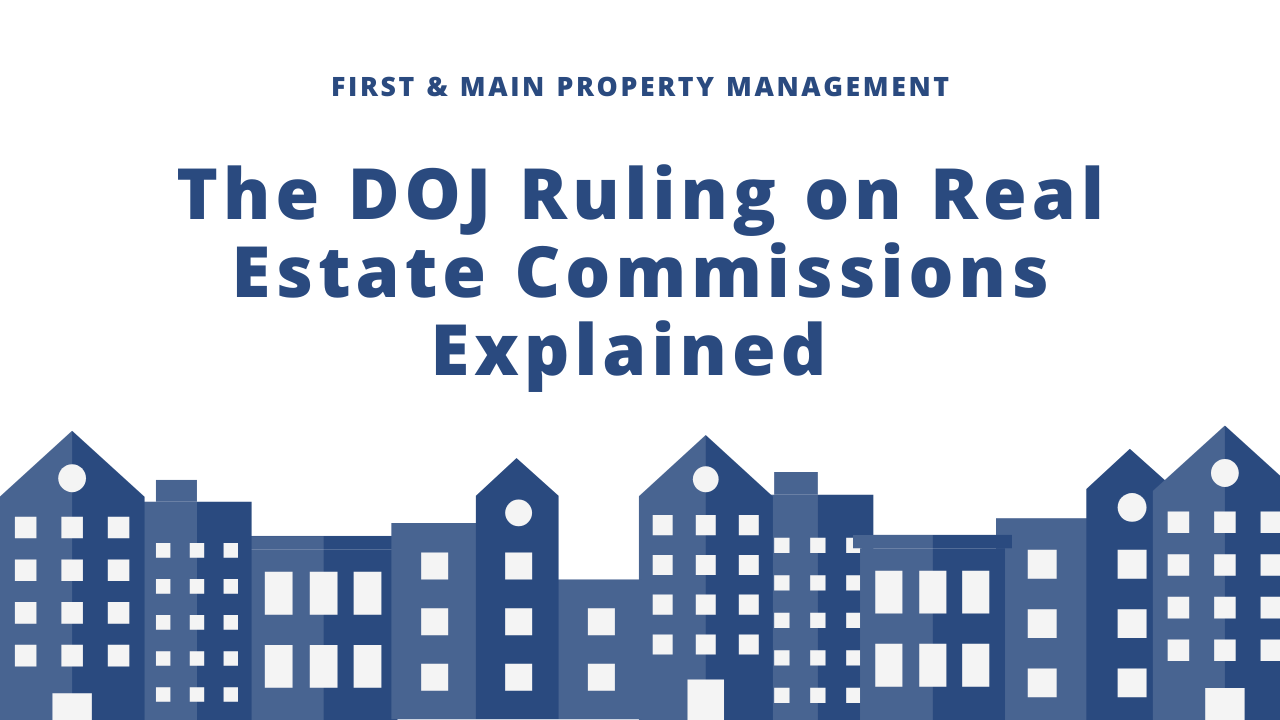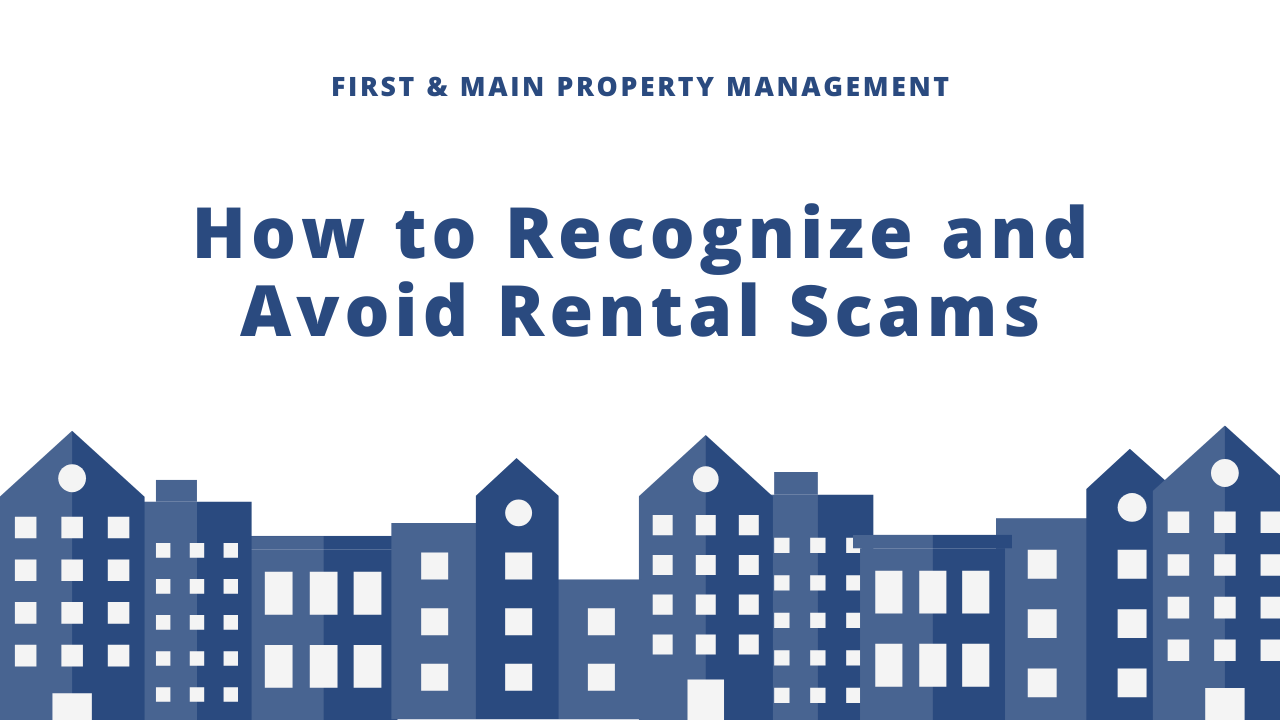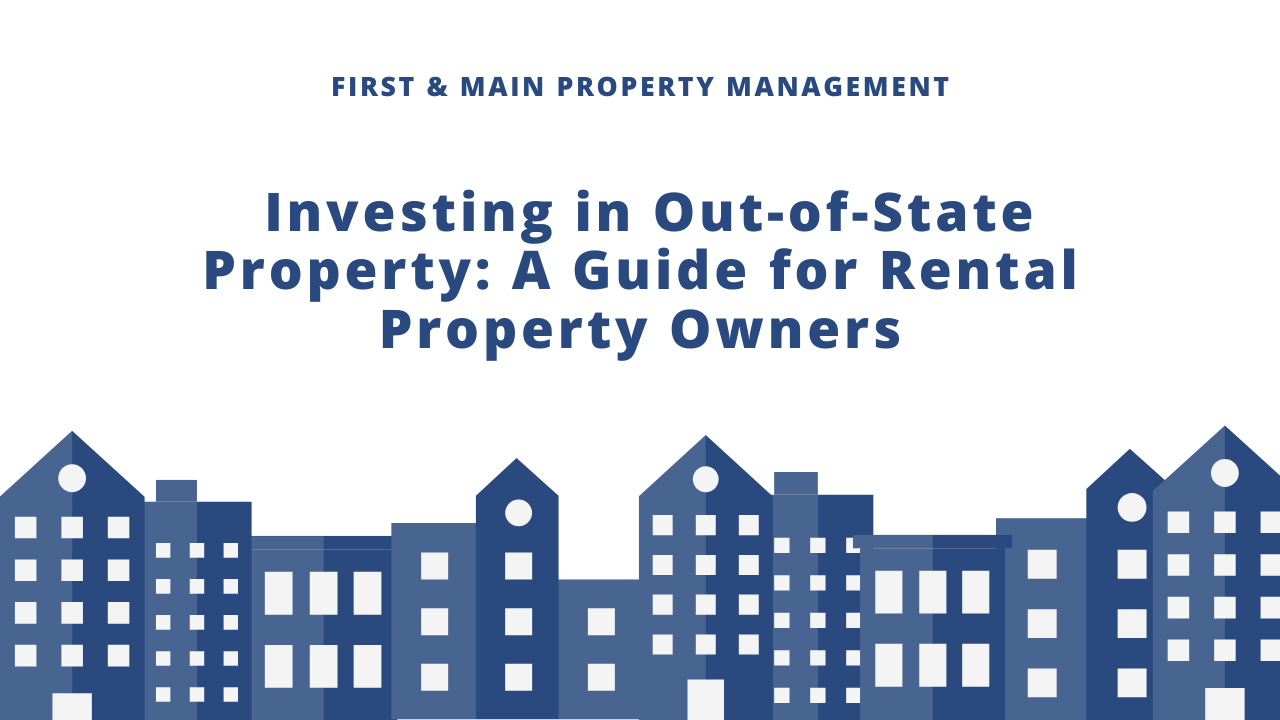How to Finance Investment Property
Financing is one of the many important terms real estate investors should know. Financing an investment property is a strategic decision that involves several factors including the property type, your financial health, investment goals, and the market conditions. If you're a landlord or aspiring to be one, securing the right financing can significantly impact your venture's success.
Here are various strategies and tips for financing an investment property:
1. Understanding Your Financing Options
The first step in financing an investment property is to understand the different types of loans available:
- Conventional Loans: These are mortgage loans not insured by any government body and are available through banks, credit unions, and other lenders. Conventional loans typically require a higher down payment (usually 20-25% for investment properties) and have stricter credit scores and income requirements than government-backed loans.
- Government-Backed Loans: Options like FHA (Federal Housing Administration) loans are popular among first-time homebuyers and those with lower credit scores. However, using FHA loans for investment properties is generally restricted to multi-unit properties where one unit is owner-occupied.
- Portfolio Loans: Offered by private lenders, these loans are kept in the lender's portfolio and not sold on the secondary market. This flexibility allows lenders to set their own terms and conditions, which might be more suitable for unique investment properties that don’t meet conventional loan criteria.

- Hard Money Loans: These are short-term loans from private investors or companies and are typically used by investors looking to renovate and flip properties. They have higher interest rates and shorter repayment terms but can be quicker to secure, making them ideal for competitive markets.
- HELOC (Home Equity Line of Credit): If you already own property, a HELOC allows you to borrow against the equity you have built up. This can be a flexible way to finance a new investment property, particularly if you need funds to improve the property and increase its rental value.
2. Evaluating Your Financial Health
Before applying for any type of loan, it’s crucial to assess your financial health:
- Credit Score: A high credit score can qualify you for better interest rates and terms. Generally, lenders look for scores above 720 for investment property loans.
- Debt-to-Income Ratio (DTI): Lenders will evaluate your DTI to ensure you have enough income to cover your existing debts plus the new loan. For investment properties, a DTI ratio of 45% or lower is preferred.
- Cash Reserves: Having significant cash reserves can make you a more attractive borrower, especially as landlords face variable rental incomes and potential vacancies.
3. Crafting a Down Payment Strategy
The down payment is often the largest upfront cost in purchasing an investment property. Here are a few strategies to manage this:
- Savings: Building your savings is a straightforward but slow method. Automating your savings and dedicating a portion of your rental income to this can help.

- Equity from Another Property: If you own other properties, you can use the equity through a HELOC or cash-out refinance to fund your down payment.
- Partnerships: Teaming up with other investors can increase your purchasing power and allow you to share the financial burden.
4. Understanding the Impact of Interest Rates
Interest rates play a crucial role in determining your monthly payments and the total cost of the loan. Securing a loan when rates are low can significantly reduce your costs over time. Consider the following:
- Fixed vs Variable Rates: Fixed rates offer stability over the loan term, whereas variable rates can change, impacting your payment amounts.
- Loan Term: Extended terms typically yield reduced monthly payments but entail greater overall interest costs throughout the loan's duration.
5. Navigating the Loan Application Process
Applying for a loan can be daunting, but being well-prepared can ease the process:
- Documentation: Be ready with all necessary documents, including tax returns, bank statements, and proof of income.
- Pre-approval: Securing pre-approval offers insight into your borrowing capacity and demonstrates to sellers and agents your commitment as a buyer.
- Comparison Shopping: Don’t settle for the first offer. Compare rates and terms from multiple lenders to find the best deal.
6. Managing Investment Risks
Finally, it's crucial to consider the risks involved with investment properties:
- Market Volatility:
Economic changes can affect property values and rental incomes. It’s important to stay informed and adaptable.

- Tenant Issues: Thorough background checks and a clear lease agreement can mitigate the risks associated with tenants.
- Maintenance Costs: Regular maintenance and unforeseen repairs can impact your profitability. Setting aside a portion of the rental income for these expenses can help manage these costs effectively.
How Can a Professional Property Management Company Help?
Property managers can be invaluable allies in the process of financing and managing investment properties, especially in these aspects:
1. Enhancing Property Value and Appeal
Property managers can significantly enhance the value and appeal of a property, making it more attractive to lenders. They achieve this by:
- Maintaining the Property: Regular maintenance and prompt repairs preserve the property’s value and prevent minor issues from becoming major expenses.
- Upgrades and Improvements: Property managers can recommend and oversee upgrades that increase rental income potential and property value, which in turn can justify higher borrowing based on the property’s enhanced value.
2. Ensuring Steady Rental Income
Lenders consider the income potential of a property when assessing loan applications. Property managers help ensure a steady flow of rental income by:
- Effective Tenant Screening: Reducing the risk of rent defaults and evictions by thoroughly screening tenants, including credit checks and rental history.
- Marketing and Tenant Retention: Implementing effective marketing strategies to minimize vacancy periods and developing tenant retention strategies that ensure long-term occupancy.
3. Providing Market Insights and Financial Reporting
Understanding the local real estate market and having a clear financial overview of the property can be crucial in securing financing:
- Market Analysis: Property managers often provide detailed market analysis, including rent comparables and trends, which can be crucial for determining the viability of a property investment.

- Detailed Financial Records: Accurate and comprehensive financial reporting on the property’s performance helps in making a compelling case to lenders. These reports include cash flow statements, income and expense reports, and projections that can be presented during the loan application process.
4. Navigating Legal and Regulatory Requirements
The complexities of real estate regulations can be daunting, and non-compliance can be costly:
- Regulatory Compliance: Property managers ensure that the property complies with local, state, and federal regulations, which is crucial for avoiding fines and legal issues that could negatively impact your financial standing with lenders.
- Advice on Legal Matters: They can also provide or recommend legal services necessary for complex transactions or for resolving issues that could affect the financial health of the investment.
5. Assisting with Refinancing and Loan Modifications
As financial climates and property values change, there might be opportunities to refinance existing loans to more favorable terms:
- Refinancing Support: Property managers can help compile the necessary documentation and financial records needed for refinancing applications. They also provide updated property evaluations that support the case for refinancing.
- Lender Liaison: They can act as intermediaries with lenders, handling communications and negotiations that may be necessary for loan modifications or refinancing.
Conclusion
By carefully considering these aspects and choosing the right financing method, you can enhance your success as a landlord in the real estate investment market. Talk with a reliable property manager if you need help.
Contact
First & Main Property Management and we’ll be happy to assist you.


